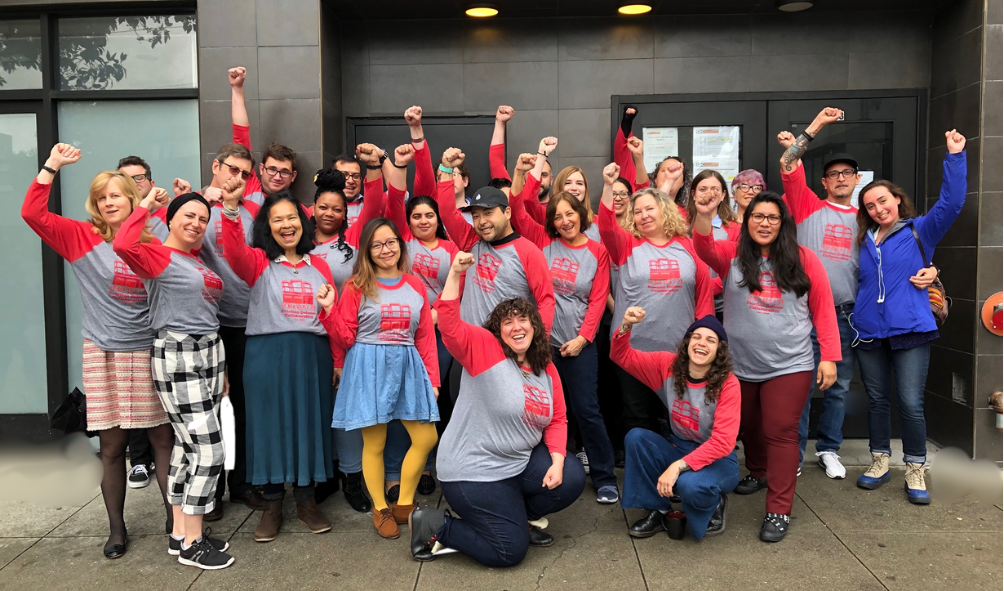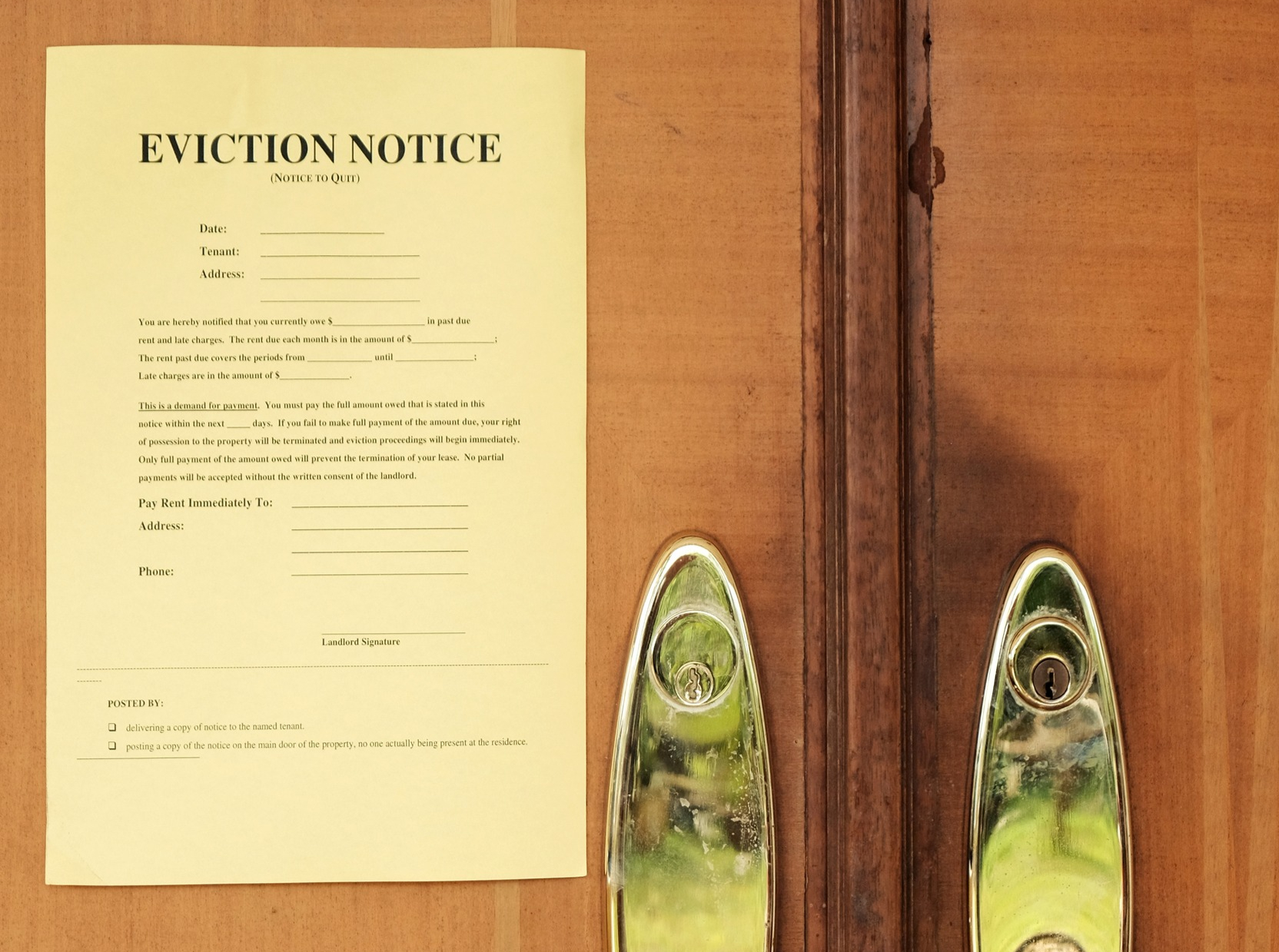Finding a new home after an eviction can feel overwhelming, but you are not alone, and it’s possible. In San Francisco, some landlords and properties are more open to working with tenants who have past housing challenges. These are sometimes called eviction-friendly apartments.
But even with more flexible landlords, you still need to make a strong case for why you’re a reliable and stable tenant now. This guide will walk you through practical steps to strengthen your rental application and improve your chances of getting approved.
What If You’ve Been Recently Evicted?
If your eviction was recent or you’re still going through the process, you might feel discouraged about applying. The good news? Many second-chance landlords and programs understand your situation.
Here’s what you can do right now:
- Don’t wait to start. You don’t need a “clean” record to apply.
- Know your rights about eviction records. In California, most eviction filings are automatically hidden from public view unless a judgment is entered against the tenant within 60 days.
- Work with our legal and rental assistance team to help you explain your situation.
- Connect with flexible landlords and nonprofits. Some landlords review the whole picture—not just your record—especially when you have support or context to share.
It’s okay to be in transition. Many tenants bounce back from eviction and find stable housing again with the proper support and persistence.
If You’ve Been Evicted or Are Facing Eviction—Here’s What You Can Do Next
If you’ve recently been evicted or are in the middle of the eviction process, it can be overwhelming when trying to secure new housing. But the good news is that many second-chance landlords and programs understand the challenges you face and are ready to help you move forward.
Here’s what you can do right now:
- Start looking for housing immediately—You don’t need a “clean” eviction record to apply for housing. Many landlords understand that eviction isn’t the whole story.
- Work with legal and rental assistance services—Get support in explaining your situation to potential landlords. Programs like EDC can help.
- Explore sealing your eviction record—If a judgment was entered against you in your case within the first 60 days, you can try to have your case sealed to keep it off your record. If your case was dismissed or resolved after the first 60 days, there is no public record.
- Look for tenant-friendly landlords—Many landlords will look beyond just the eviction record and focus on the whole story, including your current situation and efforts to stay housed.
Eviction Records Are Not Public Unless You Lose Your Case and Your Landlord Gets a Judgment in 60 Days
If you’ve been evicted or are going through the process, it’s essential to know that eviction records are only made public if you lose and the landlord receives a judgment within the first 60 days of the case being filed.
- If you respond on time and win your case, your eviction will not appear on your record.
- If you settle within 60 days, the case will remain permanently sealed..
- Even if you lose your case, if this does not happen until after the first 60 days, there will not be anything on your record.
What Are “Eviction-Friendly” Apartments?
Eviction-friendly apartments refer to rental units where landlords are open to applicants with a history of past evictions or housing issues. These properties may be owned by independent landlords, nonprofit housing groups, or companies that assess renters more holistically.
While there’s no official list of eviction-friendly landlords, many tenant advocates and housing caseworkers can help connect you with these opportunities.
Steps to Strengthen Your Rental Application
Finding an eviction-friendly apartment is only part of the process—what you submit in your application can significantly impact whether you’re approved. Even if your record isn’t perfect, a strong, honest, and well-prepared application can help landlords see your potential as a responsible tenant. Here are simple, practical steps to help you stand out.
Be Honest and Proactive About Your Rental History
Landlords appreciate honesty, especially when it’s paired with responsibility. If your eviction appears on a tenant screening, don’t try to conceal it. Instead:
- Briefly explain the situation (e.g., job loss, medical emergency, domestic violence)
- Emphasize what’s changed since then (e.g., steady income, secured housing support, no new issues)
- Offer documentation that backs up your story, like proof of income or rental assistance approval
Tip: You can include a written “Rental Explanation Letter” with your application. On the other hand, if your eviction is not on the public record, do not feel a need to “overshare.”
Build a Strong Application Packet
Your goal is to demonstrate that, despite past issues, you are now financially stable, responsible, and ready for housing. Here’s what to include:
- Proof of Income: Pay stubs, benefits statements (SSI, SSDI, CalWORKs), or an offer letter
- Reference Letters: From past landlords, caseworkers, employers, or service providers
- Credit Report (if clean): If your credit is stable, it can help outweigh the eviction
- Rental Assistance Award Letter (if applicable): Programs like RADCo
- Budget Plan (optional): Show how you’re managing expenses and can reliably pay rent
Tip: Organize all documents into a single PDF or folder and label each one clearly.
Get Help from a Housing Advocate
You don’t have to go through this process alone. Tenant advocacy groups and housing navigators can help you:
- Identify eviction-friendly listings
- Draft explanation letters
- Communicate with landlords
- Prepare documents
- Understand your tenant rights
Where to Get Help:
- Eviction Defense Collaborative (EDC) – (415) 947-0797
- Housing Rights Committee of SF – (415) 703-8644
- SF Service Guide
Offer Additional Reassurances to Landlords
Even if you’ve had past challenges, you can show that you’re taking this opportunity seriously:
- Suggest a Co-Signer or Guarantor: This is especially helpful if someone else can vouch for you. Although this option may not be accessible to everyone, offering it where possible demonstrates good faith.
Know Your Rights
If you’ve faced discrimination due to your eviction history, race, income source, or housing status, you may have legal protections. In San Francisco:
- Landlords cannot reject you just for using a housing voucher (like Section 8 or RADCo)
- Past eviction doesn’t automatically disqualify you unless it’s very recent or related to serious issues
- Undocumented renters have tenant rights and are eligible for many housing programs
Tip: If you believe you were unfairly denied, contact us at EDC or call the San Francisco Rent Board at (415) 252-4600.
Where to Look for Eviction-Friendly Apartments in San Francisco
Finding apartments that accept tenants with past evictions can feel like a maze, but there are trusted resources that can help you get started. Here are some places to search:
- DAHLIA – San Francisco Housing Portal: The city’s official affordable housing platform.
- Craigslist or Facebook Housing Groups: Use keywords like “eviction okay,” “second chance housing,” or “low credit considered.” Many small landlords post here.
- Nonprofit Housing Programs: Organizations such as Catholic Charities, Compass Family Services, and Hamilton Families may offer short-term rentals or rehousing assistance, particularly for individuals overcoming housing instability.
Tip: Ask your housing caseworker, legal advocate, or social worker if they are aware of any current listings that accept tenants with housing barriers.
Frequently Asked Questions
Before you apply, it’s normal to have questions. Here are a few common ones from tenants navigating housing after eviction:
Can I apply for an apartment if I’m still in court or have an active eviction case?
Yes. You can still apply, especially if you maintain honest communication. Be upfront and ask if the landlord is open to applicants with pending cases.
Will an eviction show up on my record if I settle or win my case?
It could, especially if court records still show the filing, but it will most likely not. However, you can request the record to be sealed. This is not necessary if the case was dismissed or settled, or even if you lost, so long as the judgment was not entered during the first 60 days.
Will my eviction record be public if I lose the case?
Yes, if you lose the case and the landlord gets a judgment within the first 60 days of the case being filed, your eviction record will be public. However, if you respond and win, or if you settle at any point, your eviction record should not appear, so long as you do not lose within the first 60 days.
Does using rental assistance make me less likely to be accepted?
Not in San Francisco. It’s illegal for landlords to reject your application based on the source of income, including rental assistance or housing subsidies.
Do I need a perfect credit score to rent again?
No. Many second-chance landlords focus on your current income, references, and rental history after the eviction. Credit is only one part of the decision.
Final Thoughts: Keep Going—You Deserve Housing
An eviction on your record does not define you. With the right tools, support, and persistence, you can find a new place to live and rebuild your stability. San Francisco has many services and landlords willing to work with you.
Be honest. Be prepared. Ask for help. And above all, don’t give up.
Need Help Right Now?
- Visit Eviction Defense Collaborative
- 976 Mission St., San Francisco, CA 94103
- Drop-in Hours: Monday, Tuesday, Wednesday, Friday 10:00–11:30 AM & 1:00–2:30 PM
- Legal Help: (415) 659-9184 | legal@evictiondefense.org
- Rental Assistance: edcradco@evictiondefense.org
We’re here for you—with no judgment, just support.




